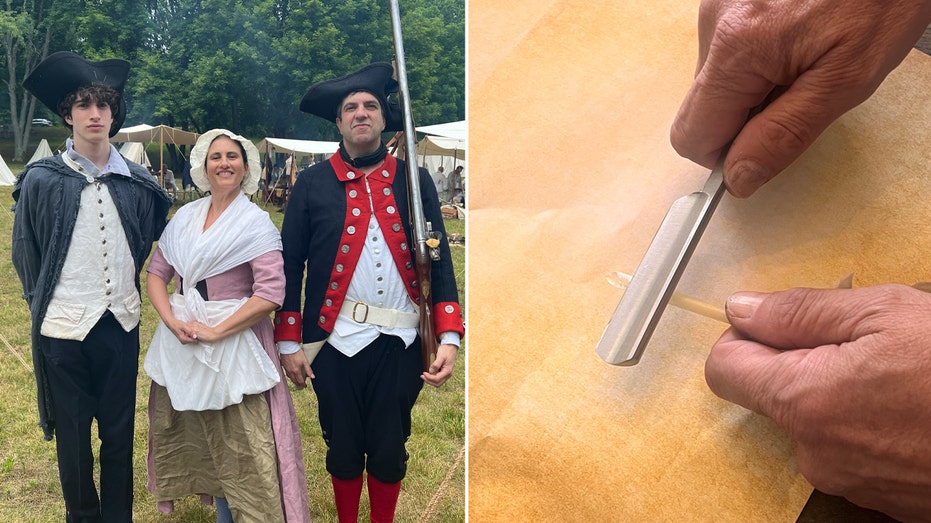
Prayagraj: The Allahabad high court has observed that trial court judges often convict accused individuals who should be acquitted, solely to avoid facing action from the high court in criminal appeals . While making this observation dated Sep 12, a division bench comprising Justices Siddharth and SQH Rizvi noted that the show-cause notice issued in 2010 by a single judge bench of the high court to the then district judge of Aligarh for acquitting an accused in a dowry death case was not correct. The bench observed: "The single judge of this high court not only issued notice to the sessions judge but directed the matter to be placed before the chief justice for perusal without waiting for reply of district and sessions judge and deciding whether reply was satisfactory or not.
Such conduct of the high court is responsible for the fear on the part of the judicial officers in the trial courts and in many cases where the accused deserves clear acquittal, but the judgment of conviction and order of sentence is passed only because presiding officers want to avoid issuance of notice and action by high courts without properly considering their judgments and orders." The case was related to one Bhumika who died after falling from terrace two years after her marriage. The family alleged foul play and got an FIR lodged against her husband, Virendra Singh, for dowry related death.

However, Singh was acquitted by the trial court. The present appeal was filed before the high court challenging his acquittal under section 304 B of IPC (dowry death). The court while dismissing the appeal challenging acquittal said: "The notice issued by a single judge of this court on Sep 23, 2010 to the district and sessions judge, Aligarh, who passed the judgment and order under challenge, was replied by him stating that the offences alleged 304-B (dowry death) and others are not proved against the appellants because they (prosecution) failed to prove that soon before her death the deceased was subjected to any cruelty or harassment in connection with any demand of dowry, which is one of the vital ingredients for proving the offence of dowry death.
" The court further said, "We are in full agreement with the reply submitted by the district and sessions judge, Aligarh. He has not committed any mistake in deciding the case and acquitting the appellant. We have also reached the same conclusion.
" The judgment came to the fore on Friday..














